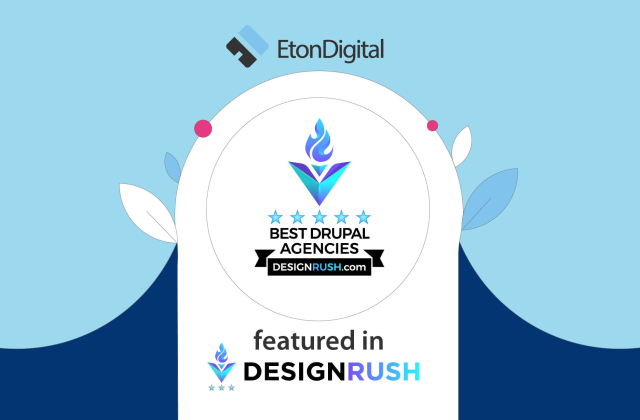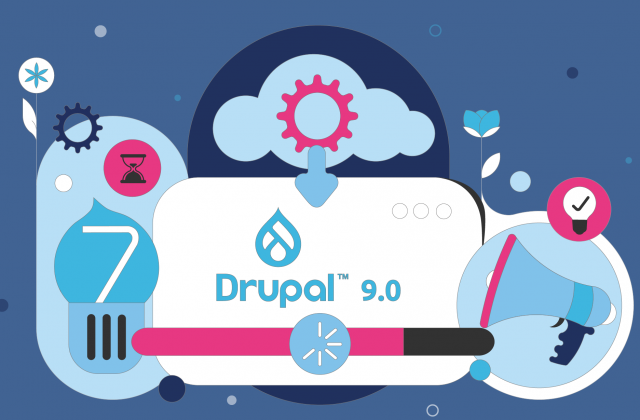When it comes to open source content management systems WordPress is doing pretty well for itself. Last week saw the release of another update (to v2.6.2) which contains a few bug fixes and promises to resolve some recently discovered security loopholes. The update should go some way to silencing WordPress’s detractors who criticise its fundamental architecture in relation to security. For the rest of us however the release marks yet another success for one of web 2.0’s biggest rising stars…
With such high profile users as Techcrunch, Reuters, The New York Times and CNN to name a few, WordPress is doing extremely well in what is a fairly crowded field (see Wikipedia for a full list of current CMS options). With a ‘WordPress for Dummies’ book published last year and various ‘Wordcamps’ taking place all over the world on a regular basis, there has never been a better time to incorporate WordPress into your website or blog.
For those new to the idea here a brief overview of WP and a few reasons why we like it so much:
Started in 2003 as an open source project, WordPress is a free downloadable code which facilitates the publishing of a blog or even the running of a whole website. It is now a mature personal publishing solution, built on PHP and MySQL and licensed under GPL.
With WP user levels hitting over 3 million in 2007, it is expected that figures for the end of 2008 could see this rise towards the 10m mark (the rate of growth between 2006 and 07 was a 15-fold increase in uptake).
WordPress has a range of impressive features, including:
- the latest cross-blogging technologies such as trackbacks and pingbacks – allow you to achieve high levels of connectivity with the blogosphere
- WordPress pages – allows you to create static pages (such as an ‘About’ page for example) with ease, and to edit them in an instant from any internet connection in the world
- WordPress themes – a great tool which makes creating whole websites with a cohesive look and feel very straightforward
- Full user registration – allow users to leave authenticated comments and register profile details.
- Spam protection – the integrated blacklist and open proxy checker helps ensure your blog stays free from spam and junk without needing constant attention
- XML-RPC interface – WP currently supports Blogger API, MetaWeblog API and MoveableType API, PLatforms designed for other clients (like Zempt for example) can also be incorporated
- Multiple authors – WP supports multiple authors who can have varying degrees of access to site editing from 1 to 10, allowing for a clear definition of duties and responsibilities among staff
- Ping-O-Matic support – Guarantees maximum exposure to search engines.
- Bookmarklets – Add links to your blogroll with no hassle
- Password protected posts – can be made viewable to staff only (or author only if required)
- Full W3C standards compliance
(This is just a few of the current major WP features – for a comprehensive list visit wordpress.org/about)
With the WP development team now committed to a regular release schedule (updates are delivered every 3-4 months), businesses can confidently adopt WP into their operations without worry over stability and lack of support. Bug fixes and security issue resolution now have a lower than ever turnaround time, making long term planning with WP a whole lot easier.
Alternatives to WordPress do exist, but here at EtonDigital we have been happily using it for some time; once again this latest version gets another definite thumbs up from us.
A selection of our best WordPress powered websites.
Dejan Levi



